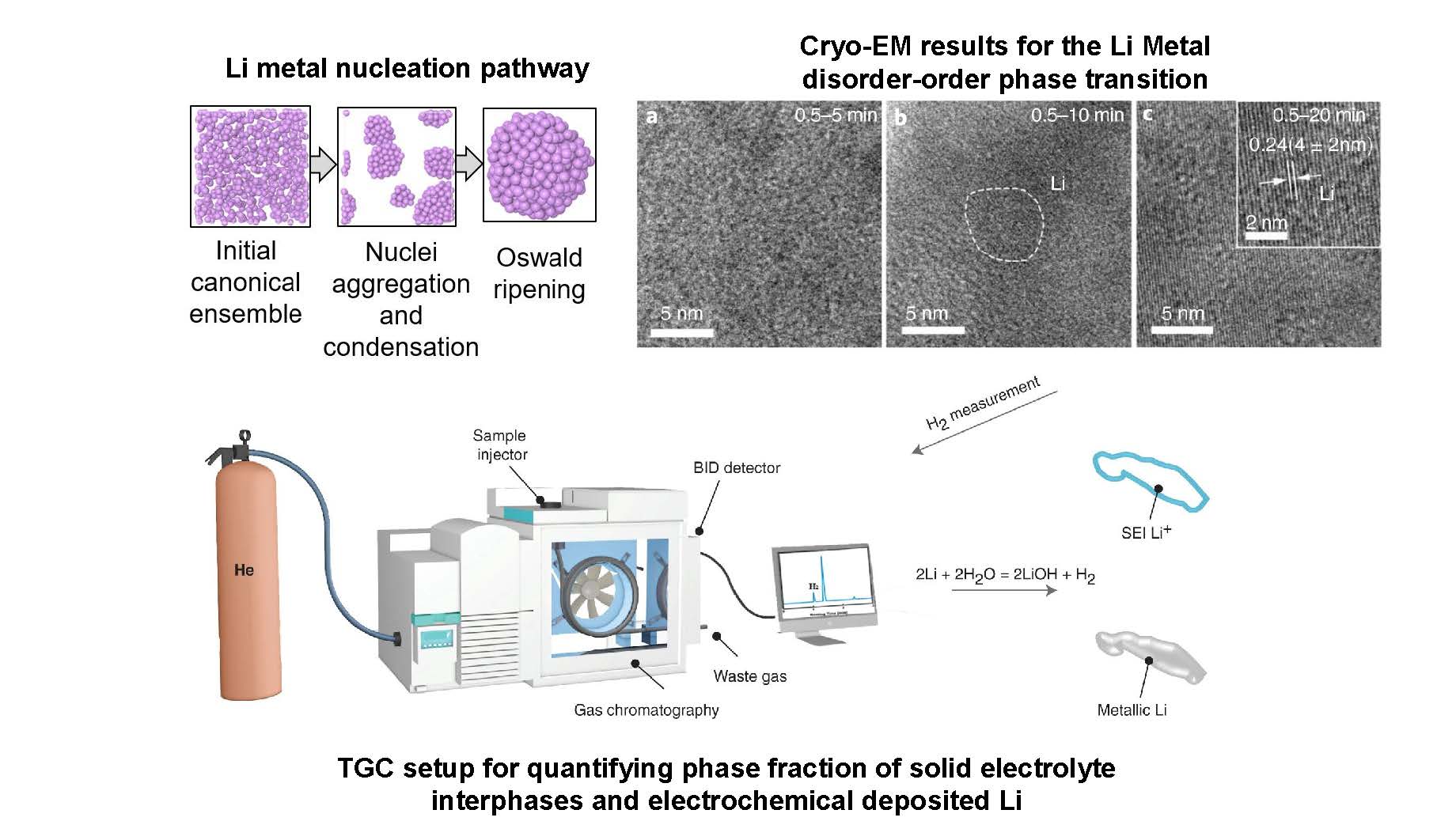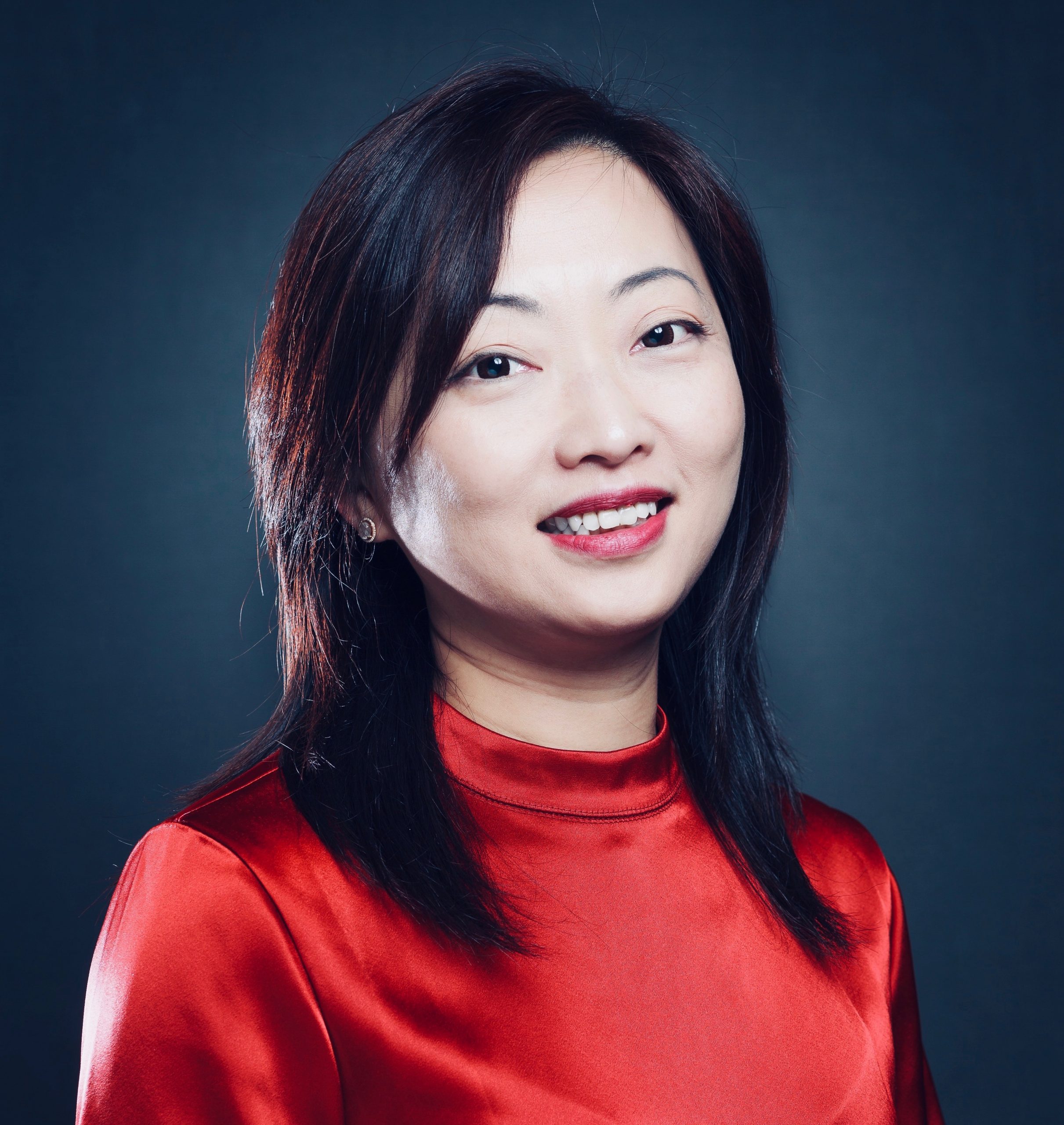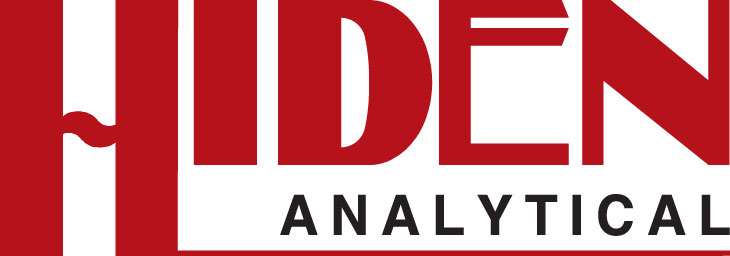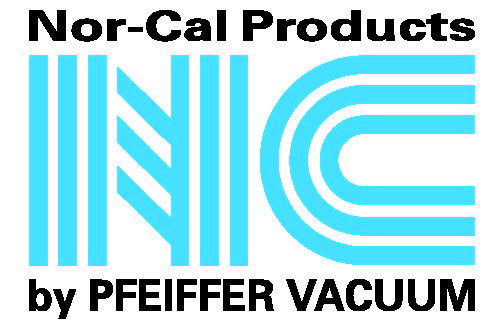Shirley Meng
Professor
University of California, San Diego, U.S.
Date: September 15, 2021
Time: 1300h ET
Sponsors: Gamry Instruments, Hiden Analytical, Nor-Cal Products, BioLogic USA
Lithium (Li) metal has been considered an ideal anode for high-energy rechargeable Li batteries, while Li nucleation and growth at the nanoscale remain mysterious as to achieving reversible stripping and deposition. A few decades of research have been dedicated to this topic. Breakthroughs in novel electrolytes have been seen in the last few years, where the efficiency of lithium deposition exceeds 99.6 percent. In this illustration, cryogenic-transmission electron microscopy (Cryo-TEM/Cryo-FIB) was used to reveal the evolving nanostructure of Li deposits at various transient states in the nucleation and growth process, in which a disorder-order phase transition was observed as a function of current density and deposition time. More importantly, complementary techniques such as titration gas chromatography (TGC) reveal significant insights about the phase fraction of solid electrolyte interphases (SEI) and electrochemical deposited Li (EDLi). While cryo-EM has made significant contributions to enabling lithium metal anodes for batteries, its applications in the area of electrochemical interphases such as those in solid state batteries, beyond lithium batteries, are still in their infancy. Therefore, a few new perspectives will be discussed about how future advanced imaging and spectroscopic techniques can help to accelerate the innovation of novel energy storage materials and architectures. Research Website: LESC http://smeng.ucsd.edu/ Learn more about upcoming ECS Webinars and review our previous webinar recordings. We thank our webinar sponsors who make these complimentary programs possible. Are you interested in presenting in the ECS Webinar Series? For consideration, email education@electrochem.org with your presentation title and abstract.
Benefits of attending the webinar
Shirley Meng
 Dr. Y. Shirley Meng received her PhD in Advance Materials for Micro & Nano Systems from the Singapore-MIT Alliance in 2005, after which she worked as a Postdoctoral Research Fellow and Research Scientist at the Massachusetts Institute of Technology. Dr. Meng currently holds the Zable Chair Professor in Energy Technologies and Professor in Materials Science & NanoEngineering at the University of California San Diego. She is the Principal Investigator of the Laboratory for Energy Storage and Conversion research group. Starting in 2005, Dr. Meng served as the Founding Director of the Sustainable Power and Energy Center, until she was named Inaugural Director of the Institute for Materials Discovery and Design in 2020. She has received prestigious awards including the 2020 Michael Faraday Medal of the Royal Chemical Society; 2019 International Battery Association Battery IBA Research Award; 2018 and 2019 Blavatnik Awards for Young Scientists Finalist; 2018 American Chemical Society ACS Applied Materials & Interfaces Young Investigator Award; 2017 IUMRS-Singapore Young Scientist Research Award; 2016 ECS C.W. Tobias Young Investigator Award; and 2011 NSF CAREER Award. Dr. Meng is a Fellow of The Electrochemical Society; Editor in Chief of MRS Energy & Sustainability; and co-founder of Unigrid LLC. The author and co-author of more than 210 peer-reviewed journal articles and two book chapters, Dr. Meng holds five issued patents.
Dr. Y. Shirley Meng received her PhD in Advance Materials for Micro & Nano Systems from the Singapore-MIT Alliance in 2005, after which she worked as a Postdoctoral Research Fellow and Research Scientist at the Massachusetts Institute of Technology. Dr. Meng currently holds the Zable Chair Professor in Energy Technologies and Professor in Materials Science & NanoEngineering at the University of California San Diego. She is the Principal Investigator of the Laboratory for Energy Storage and Conversion research group. Starting in 2005, Dr. Meng served as the Founding Director of the Sustainable Power and Energy Center, until she was named Inaugural Director of the Institute for Materials Discovery and Design in 2020. She has received prestigious awards including the 2020 Michael Faraday Medal of the Royal Chemical Society; 2019 International Battery Association Battery IBA Research Award; 2018 and 2019 Blavatnik Awards for Young Scientists Finalist; 2018 American Chemical Society ACS Applied Materials & Interfaces Young Investigator Award; 2017 IUMRS-Singapore Young Scientist Research Award; 2016 ECS C.W. Tobias Young Investigator Award; and 2011 NSF CAREER Award. Dr. Meng is a Fellow of The Electrochemical Society; Editor in Chief of MRS Energy & Sustainability; and co-founder of Unigrid LLC. The author and co-author of more than 210 peer-reviewed journal articles and two book chapters, Dr. Meng holds five issued patents.




